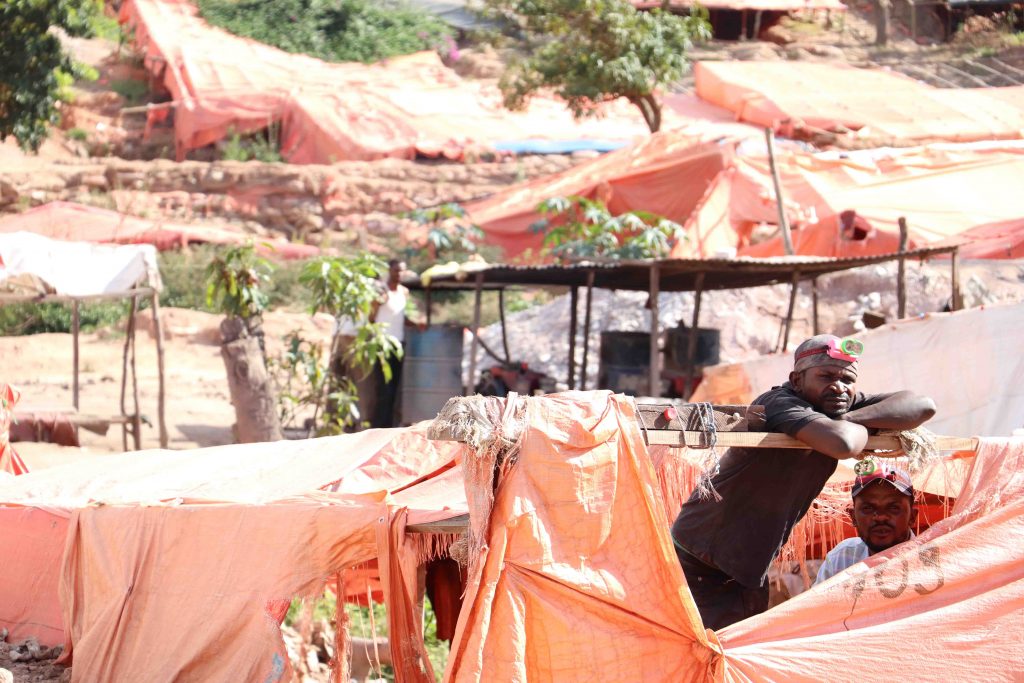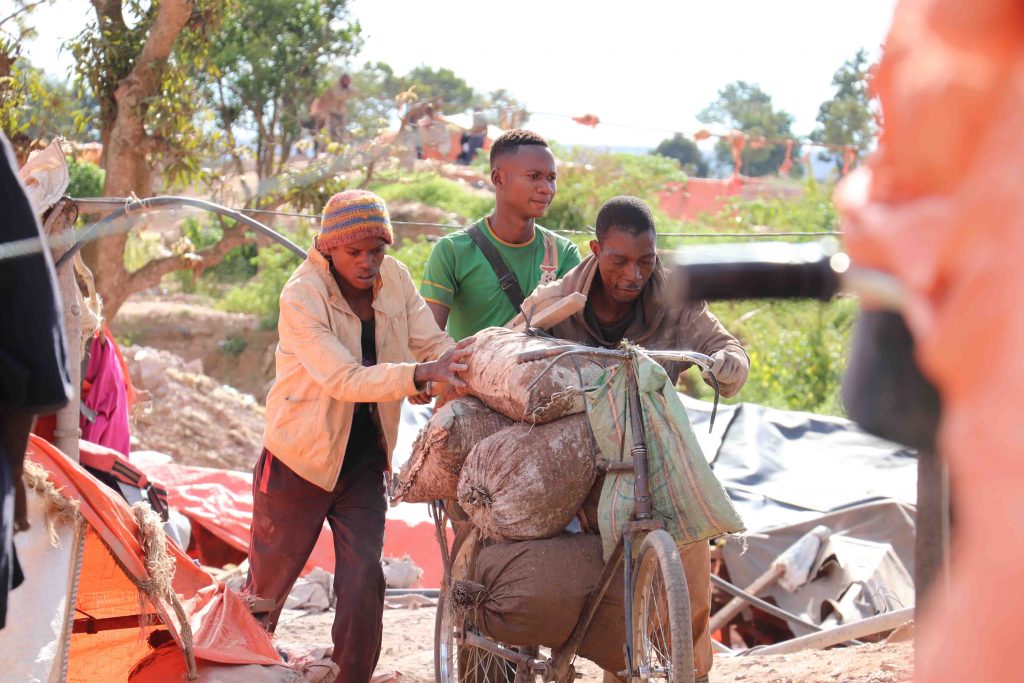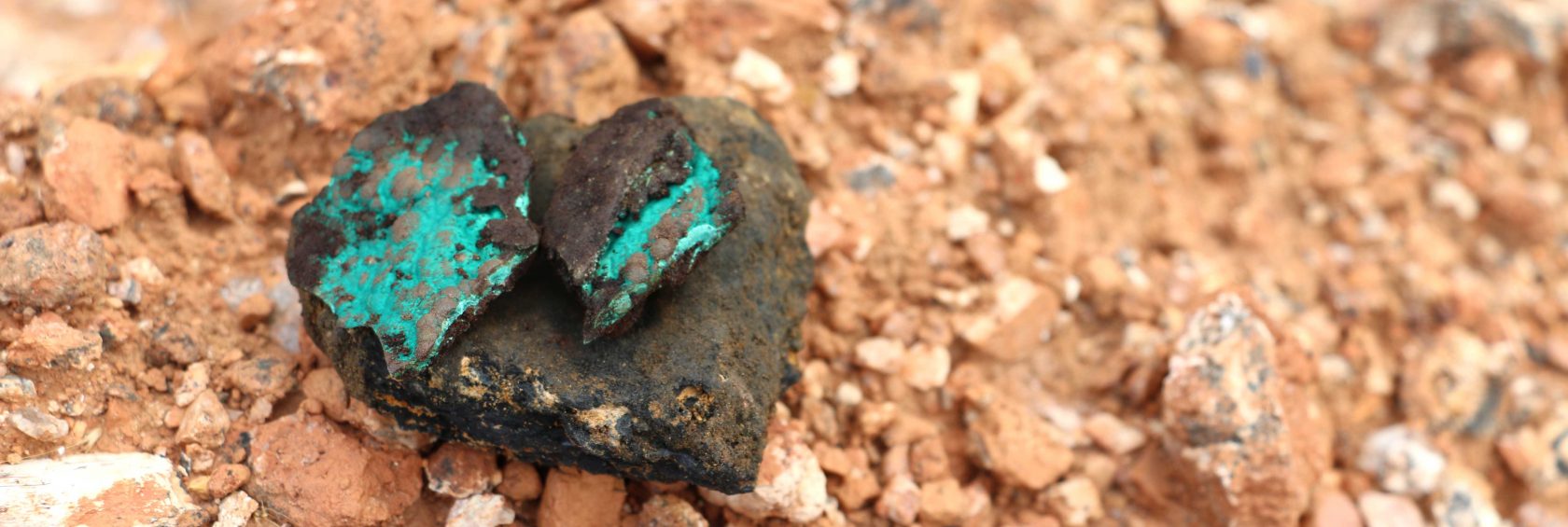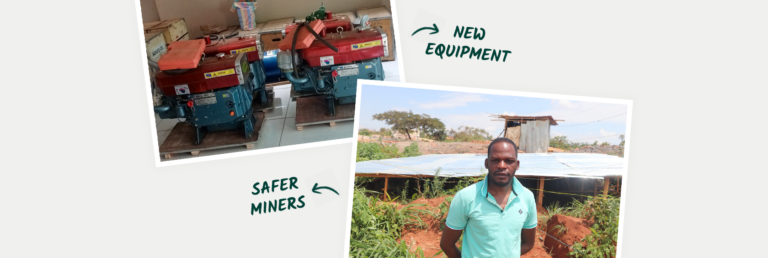The charged debate around cobalt
Part one of a guest feature by David Sturmes, Director of Programme and Operations at the Impact Facility.
Few if any minerals have polarised the public as much as cobalt. The battery metal allows us to store energy more efficiently, stabilizing batteries and allowing frequent recharging – an essential attribute for EVs, mobile phones, and large scale energy storage. Given its utility, cobalt has been praised by many as the key to a green energy transition. As global speculation around cobalt had led to unprecedented price spikes, international NGOs and media came out with sobering reports uncovering hazardous working conditions at artisanal and small-scale mining (ASM) operations in DR Congo and, among other issues, a strong association with child labor.
This creates a dichotomy between cobalt as a key to reach a clean, carbon-free future on the one hand, and its production, being characterized by systemic child labor, hazardous working conditions and a dismal reputation for the protection of human rights.
Contributing as much as 20% of national cobalt production, cobalt from artisanal and small-scale mines finds its way into complex, global supply chains. Despite it providing many thousands of jobs directly and contributing to the livelihoods of even more households indirectly, current practices at ASM cobalt-mining sites do not always meet the expectations of international supply chain actors and brands regarding working conditions, mine site governance and environmental management. Locally, however, artisanal miners have few viable alternative income sources that are as easily accessible or with similar levels of pay and providing ready cash flow.

Four years after Amnesty had published its report cobalt prices have gone back down to pre-speculation levels. While the number of workers has gone down significantly, there are still several ten thousand families that continue to rely on cobalt mining as their primary source of income. In regards to working conditions, little has changed on the ground, warranting the question of what can be done to help improve working conditions.
Only a few companies have taken steps to get involved on the ground. On the contrary, various EV producers and technology companies have announced their intention to reduce drastically and if possible even eliminate the use of cobalt in their batteries instead, pouring millions of dollars into finding a viable alternative. In all fairness, the costs and potential scarcity of the mineral, as well as its significant environmental footprint, undoubtedly played a role in the decision to reduce the industry’s dependency on cobalt, a potent driver, however, appears to be the desire to distance themselves from the harsh reality faced by the artisanal mining communities.

This tendency towards disengagement from ASM cobalt and even the mineral at large, however, has fueled concerns by organizations like the OECD and Amnesty International, appealing to industry actors to seek constructive engagement with ASM instead. Downstream disengagement from, or a ban of, ASM cobalt fails to constructively address the issues leading to child labor and hazardous working conditions, denying any responsibility of supply chain actors to contribute to jointly developing a viable solution instead.
Fact is, as of now, we are yet to find a replacement for cobalt. Even when factoring in various new mines starting operations outside the DRC and cobalt recycling becoming more efficient (which marks an essential step towards circular economy), experts anticipate significant production deficits in the coming ten years, as global demand is expected to skyrocket. A more professionally organized ASM sector could be an essential lever in addressing the growing demand for cobalt, and equally, marks an opportunity to ensure that local communities can transform some of their mineral wealth into lasting prosperity for their community.
Find out more about our approach to finding solutions in part two: Digging for change
About the author and the Impact Facility:
UK-based social business, The Impact Facility (TIF) has the mission of convening industry, public sector and local communities in areas where poverty and hardship persist despite significant mineral wealth. Over the last decade, we have learned that the provision of technical assistance and access to formal markets is essential to challenge the status quo. Seeing many well-intentioned ASM development projects yield limited success, however, made us realize that the key to achieving lasting change lies in, additionally, providing access to finance and equipment, offering miners fair and transparent terms.
For the last three years, TIF has been working in partnership with Fairphone driving the production of responsible gold from Uganda. Since then we have started expanding our collaboration to cobalt, a mineral associated with ASM operations located in the Copper Belt of DR Congo. Together with my colleagues, I have spent the last 1.5 years building what now has become the Fair Cobalt Alliance, a multi-year program to address hazardous working conditions, child labor and low incomes among artisanal cobalt miners. We are actively recruiting additional members to support our vision. Many companies, however, are hesitant to engage with ASM, afraid of being associated with negative impacts upstream of their supply chain.



